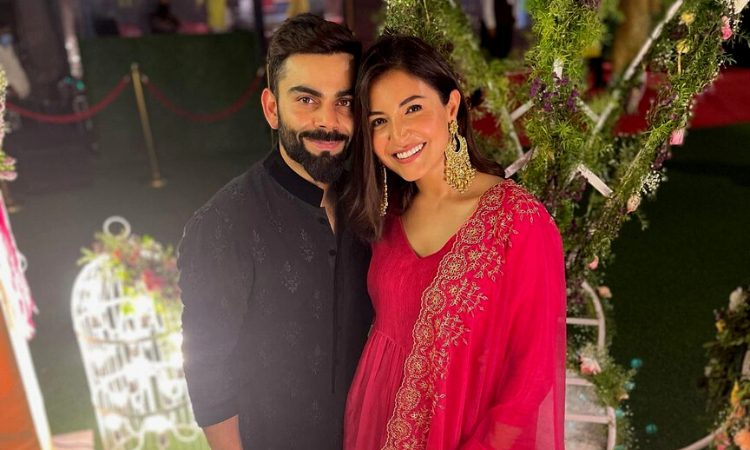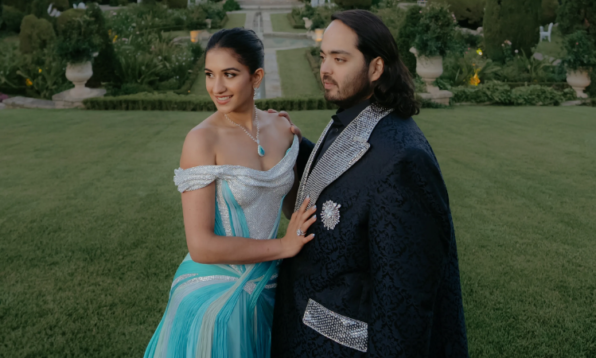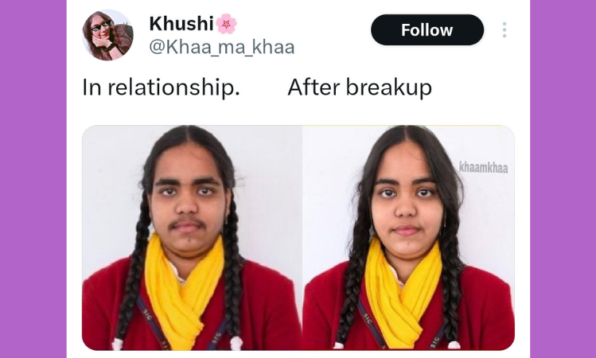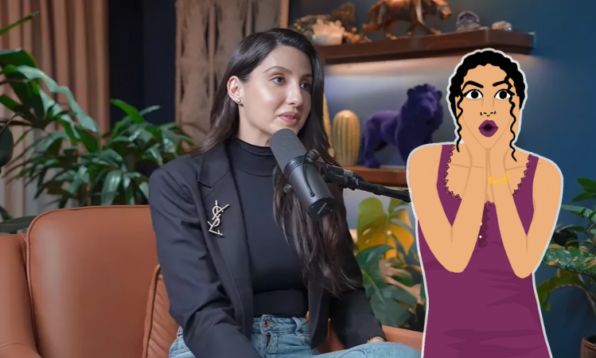A woman not taking her husband’s surname is often regarded as rebellious. What is she trying to prove? Why is she being so difficult? It’s tradition, after all. These statements are not alien to women who refuse to change any part of their name after marriage. And being one of these “difficult rebels”, I have heard versions of these too. My name, for all intents and purposes, is Ms Sukhmani Waraich. This is the name I was given at birth, and this is the name I have known all my life.
There is nothing in Indian law that requires me to make any changes to my name, regardless of my marital status. However, since it is a “tradition” that is followed so widely across the globe, many people think it’s the law. That is why airline tickets often say Mrs Sukhmani Waraich, which is weird AF because Mrs Waraich is my mom! And that is also why I don’t trust anyone else to fill out any forms for me. You see, it is unfathomable for a married woman to use ‘Ms’ as a prefix even though it is the globally accepted norm for women who do not want to be known by their marital status. Even in India, it is officially and legally acceptable for me to say I’m married and still use ‘Ms’ and my own surname. But who cares about legality when it comes to culture, amirite?
So, are you going against Indian culture by not taking your husband’s surname?
Hell no! On the contrary, ladies, you’re actually finding your way back to pre-colonial Indian traditions. And since we are all about erasing our colonial history these days, this “rebellion” should be applauded. It was never a part of Indian tradition for a woman to take her husband’s surname. Yes, there are some communities, notably in Maharashtra, that change the woman’s entire name after marriage, but that is specific to those communities and always has been. Even they don’t claim that it’s the law.
Taking the husband’s surname is a colonial remnant, whether you want to believe it or not.

Changing surnames to show women they belong to men
A woman changing her surname, partially or fully, is now considered a matter of choice. But it would be highly naïve to think that the beliefs with which we’re brought up have nothing to do with some of our most significant decisions as adults.
I wonder, would you change your surname after marriage if you knew the origins of this tradition? It comes from the laws of coverture, an archaic English law that took away a woman’s personhood upon marriage. The laws of coverture brought in the concept of “marital unity” which stated that the husband and wife are considered one entity, but this united entity shall be known only by the husband’s identity. That is why women were forced to take their husband’s surname. These laws also dictated that married women could not own anything or work in businesses. They could not carry out legal proceedings on their own and could not make any kind of contract. According to the laws of coverture, a woman did not have any rights over her own children, and in the event of a divorce, she would not be allowed to see them again. And it goes without saying that marital rape was not really considered a real thing at the time.
When the British started ruling over India, their laws became our laws, including the laws of coverture.
British or Indian, men in power have always believed they know what’s best for women
British colonisation had a devastating effect on India’s regional and cultural diversity. While the Brits endeavoured to make their lives easier in the sub-continent, we lost a lot in the process. For instance, several parts of India followed a matrilineal system in which the family name is passed down from mother to daughter instead of father to son. But in the process of “unification” of the country, the matrilineal tradition was sidelined to focus on the patriarchal system that was more familiar to the English.
Many historians believe that British colonialists, upper-caste Indian men in high positions, and British feminists who were joining forces for the cause of suffrage at the time, thought that Indian women were oppressed without the British. They believed that real freedom for Indian women would come from following the British middle-class way of life which ensured stability and met “standards of modernity”. Don’t be mistaken though. It’s not like women were free birds in pre-colonial India. But the kind of freedom that the British gave them was just another prison.
Where do we stand now?
The laws of coverture found mention in an Indian court as recently as 2018 when the law against adultery was struck down. Originating from the laws of coverture, the law against adultery sought to give justice to the aggrieved husband, relying on the belief that a wife was the property of her husband. Coverture is also the reasoning behind the argument against criminalising marital rape because the laws of coverture said a woman’s consent is implied in marriage and does not need to be sought.
In all of this, changing your surname after marriage seems an almost insignificant part of coverture. But it’s interesting to note how a practice with such a horrifying history is now widely considered “a matter of choice”.
Featured Image Source
Related: Why Do We Still ‘Give Away’ Brides As A Ritual At Weddings?














